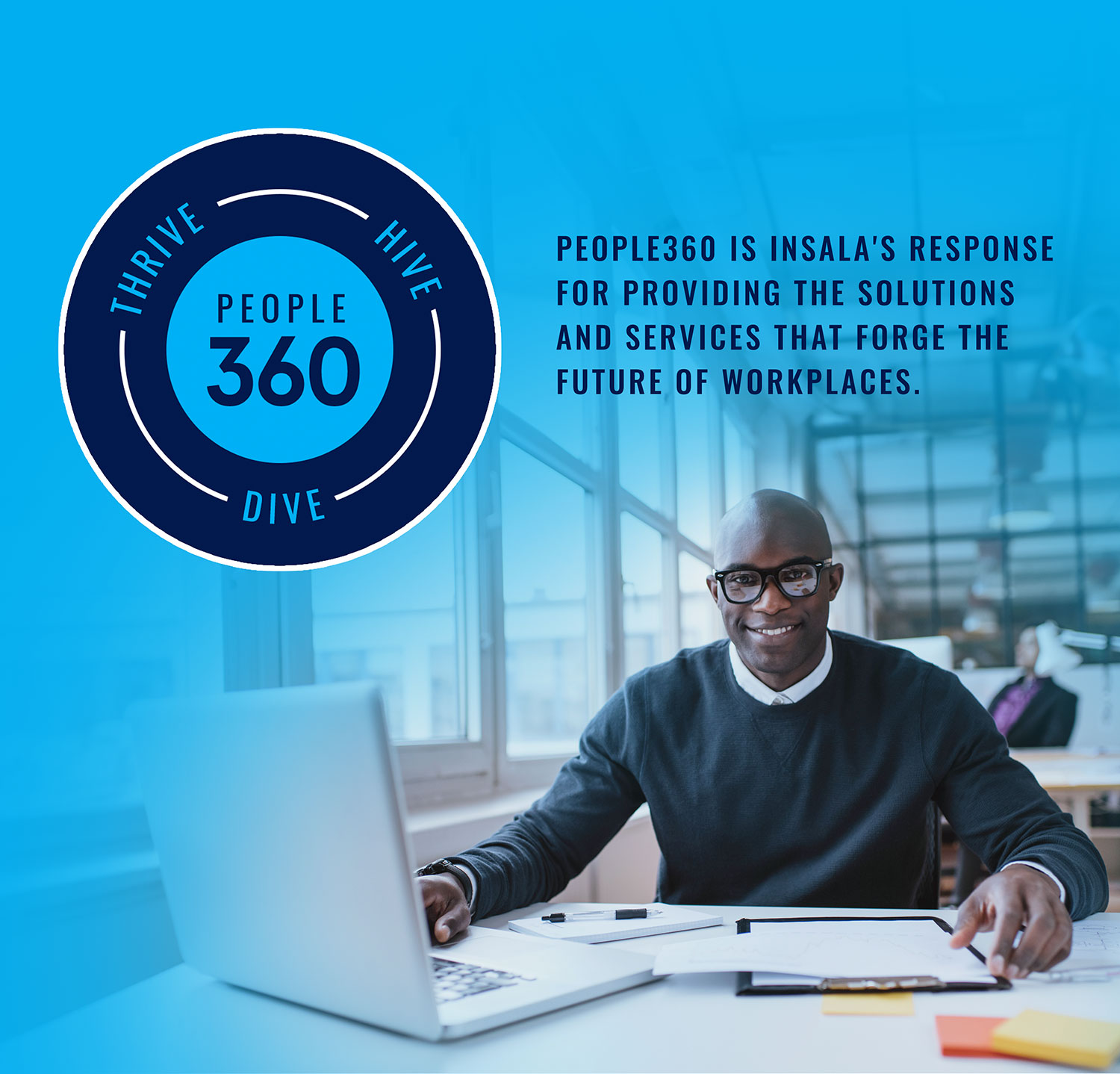How To Find The Right Mentor For You
How To Find The Right Mentor For You Having the guidance and ...
Read more
When you hear the word “mentoring,” what comes to mind? Most people think of a one-on-one interaction with a senior level individual teaching a junior level individual without the use of technology. If this is the case, you’re thinking of traditional mentoring.
As the workforce continues to become more diverse, mentoring is evolving. Individuals are continuing to learn new skills and receive guidance, but this is being done using new perspectives and technology. These changes have led to organizations considering more modern types of mentoring.
Traditional mentoring and modern mentoring have the same goals, but they promote different ways to reach those goals. It’s important to understand the benefits of each when identifying the needs of the organization and its individuals.
Here are some benefits of both types of mentoring and some of their similarities:
Although newer forms of mentoring are becoming popular, traditional mentoring is still a valuable tool for career development. It is one-on-one and face-to-face, which is ideal if the mentee wants to improve their interpersonal skills. Traditional mentoring is…
There are many types of modern mentoring. Virtual, speed, and flash mentoring are just a few, and they all have their own purpose. Modern mentoring is useful if your organization is global or many of the individuals are millennials. Modern mentoring implements a digital aspect into your program with certain tools such as mentoring software that give your organization an advantage. Here are a few benefits of modern mentoring:
Traditional and modern mentoring both encourage individuals to develop their career, so we recommend giving them both a try. Start with traditional mentoring, as individuals can get a feel of what a relationship has in store. After identifying the needs of the organization and individuals, implement modern mentoring accordingly. Here are some benefits of using both types of mentoring:
While traditional and modern mentoring have a few similarities and differences, it doesn't mean one should be used over the other. The best course of action is developing your mentoring program using the elements of each to best meet the needs of participants and your organization. Taking this approach to developing your mentoring program provides multiple ways for participants to take part in the program.
Establishing a flash mentoring program boosts knowledge sharing and learning on the spot, when needed. Participants in a traditional mentoring program can lean on mentors outside of their traditional mentoring relationships to help with a single, specific knowledge or skills gap. On the other hand, traditional mentoring allows for meetups in a multitude of situations that connect to the larger goal the participants are aiming to accomplish. The mentor can build a personal connection with the mentee and give advice and direction.
Not sure where to start? Our team is passionate about helping organizations evaluate their needs and supporting customers through establishing practical and effective mentoring programs. Book a call with one of our experts today to learn about our consulting services or mentoring software that can help take programs to the next level.


How To Find The Right Mentor For You Having the guidance and ...
Read more
How To Establish A Successful Corporate Mentoring Program
Read more
How Mentoring Is Helping Solve The Labor Shortage The labor shortage has become a pressing issue for businesses across industries, with ...
Read more
Now Is The Time To Start Your Mentoring Program In today's ...
Read more
7 Tips To Improve Your Corporate Mentoring Program Corporate ...
Read more

People360 is a pioneer and industry leader recognized by Global 1000 and Fortune 500 companies and associations internationally, for 28+ years as a leader in Career Management, Mentoring, Coaching, Career Transition, Alumni Software solutions and People Analytics.
© 2025 People360. All rights reserved. Privacy Policy